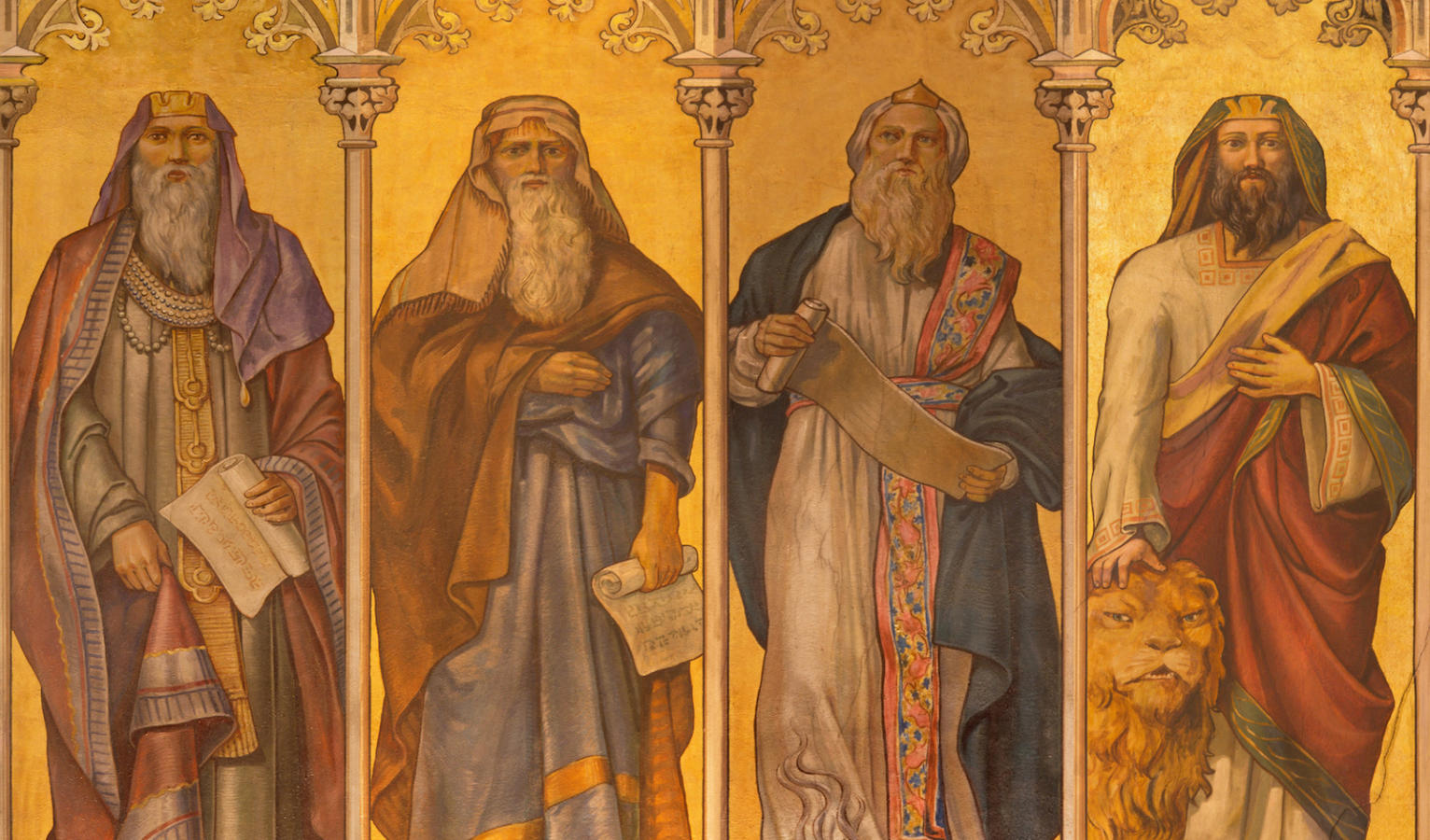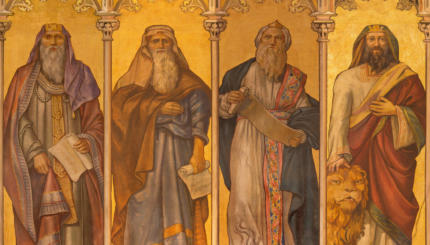Commentary on Parashat Shemot, Exodus 1:1 - 6:1
Samaria, the capitol of the Northern Kingdom of Israel, was destroyed by the Assyrians in 721 BCE. In the Haftarah read by Ashkenazi Jews this week, Isaiah gives a prophecy concerning Israel, explaining why it fell to its enemies, but also giving hope for a future of redemption.
Though Isaiah’s primary concern is to bring a message of doom for Israel, he begins noting that eventually, “Israel shall sprout and blossom, and the face of the world shall be covered with fruit” (Isaiah 27:6).
Immediately following this statement of forthcoming redemption, Isaiah launches into a tirade against the Israelites and their worship of the Syrian goddess Asherah. He chastises the leaders and priests of Israel, calling them drunk, implying that their judgment is poor. Isaiah is outright disgusted by the behavior of Israelites, saying, “Yea, all tables are covered with vomit and filth, so that no space is left” (Isaiah 28:8).
But the people are not receptive to the words of the prophet, and Isaiah promises that as long as they refuse to repent, “they shall fall backward, and be injured and snared and captured” (Isaiah 28:13).
Though much of what Isaiah has to say is pessimistic and angry, the rabbis chose to end the haftarah with two lines from a later chapter (Isaiah 29:22-23). These lines emphasize the redemption that will come to the people from God, just as it came for Abraham and his descendants
Connection to Parashat Shemot
In Parashat Sh’mot the people of Israel are enslaved by the Egyptians, suffering greatly at the hands of others. Finally, Moses arrives and begins to move the people toward redemption.
Similarly, in Isaiah, the people in the Kingdom of Israel suffered greatly, though in this case it is suffering that has been brought on by their own lack of faith in God, and by the corruption and greed of their leaders. Isaiah brings them a message of hope and redemption.
Jeremiah As Moses
In Sephardic congregations the Haftarah is taken from the beginning of the Book of Jeremiah. When God first begins speaking to Jeremiah and charges him with a mission, Jeremiah is reticent to receive the word of God. Just like Moses, Jeremiah tells God that he will not be a good messenger. He is just a boy, he protests.
But God will not take no for an answer and immediately gives Jeremiah two metaphorical visions of an almond branch and steaming pot. These visions are meant to motivate Jeremiah to embrace his mission and to inspire him to go to Jerusalem where he will remind the people not to dishonor God, and not to eat of the first fruits that are set aside for God.
Jeremiah’s leadership and the way he is anointed as a leader are parallel to Moses’ initial encounter with God and ascension to leader of the Israelites.
Sephardic
Pronounced: seh-FAR-dik, Origin: Hebrew, describing Jews descending from the Jews of Spain.



